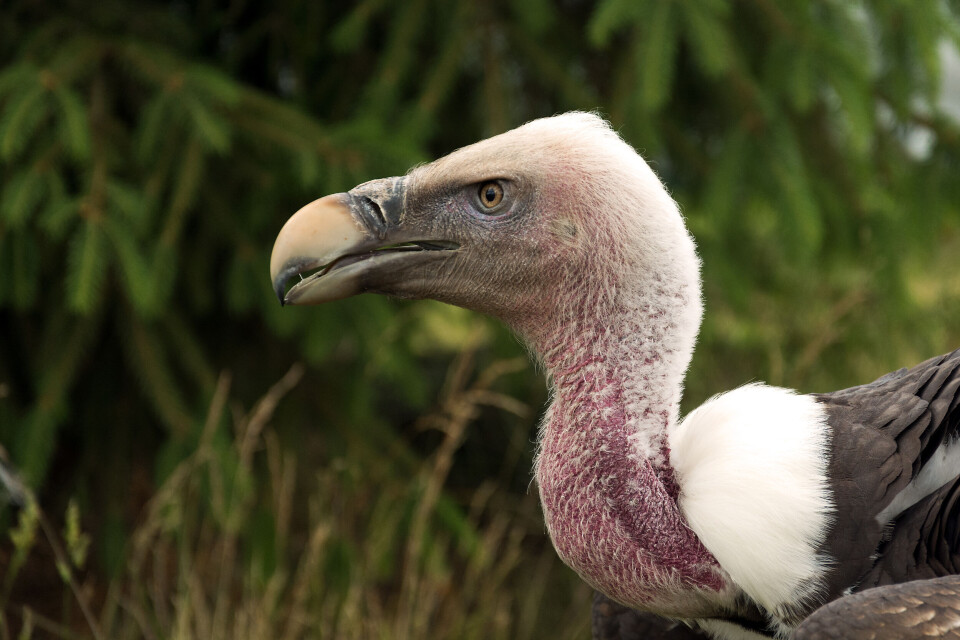-
Why your car insurance in France is expected to increase this year
Premiums are forecast to rise by four to six percent in 2026
-
Two Britons killed in avalanche in French Alps were with an instructor
French skier also died in the disaster at Val d’Isère on Friday February 13
-
British Airways launches bargain £2 flights to France (but there’s a catch)
The flights are only available to members of the airline’s Avios scheme who are redeeming loyalty points
Vulture saved from busy roadside in south west France
The bird of prey was spotted by several drivers, leading gendarmerie to mount a rescue with help from a local falconer

Gendarmerie in the south of France have saved a wild vulture from a busy road after drivers noticed the large bird perched on the side of the route.
The gendarmerie in Lot, Occitanie, shut the departmental 820 after the rarely-sighted bird was reported by several road users.
Just after 13:00, gendarmerie successfully rescued the vulture, with assistance from the biodiversity office l'Office français de la biodiversité (O.F.D).
It was caught and cared for by a falconer from the bird of prey park Le Rocher des Aigles in Rocamadour. The vulture is reported to be in good health and was unharmed from his roadside adventure.
Vultures are a bird of prey, and they usually scavenge on carrion.
In some cultures, they are also used to scavenge on dead human flesh as a type of burial ritual, and their flying style means they can sometimes seem to appear out of nowhere, which has led to them being seen as menacing in some parts of the world.
Indeed, a group of feeding vultures is known as a ‘wake’ (while a group in flight is called a ‘kettle’).
Vultures have made a comeback in France in recent years, after the species was thought to be extinct between 1940 and the late 1960s, after being persecuted by hunters and farmers who left out poisoned bait for them.
After a successful reintroduction campaign, there are now around 2,000 breeding couples of griffon vultures (vautour fauve; the most common type in France) in the Pyrenees, the Massif Central and Alps.
Their wingspan can reach more than two-and-a-half metres, and they can fly as high as 2,000-3,000 metres in Europe.
Related stories
Diary of a birdwatcher in France: Vultures
Griffon vultures no longer in danger of extinction in France
























